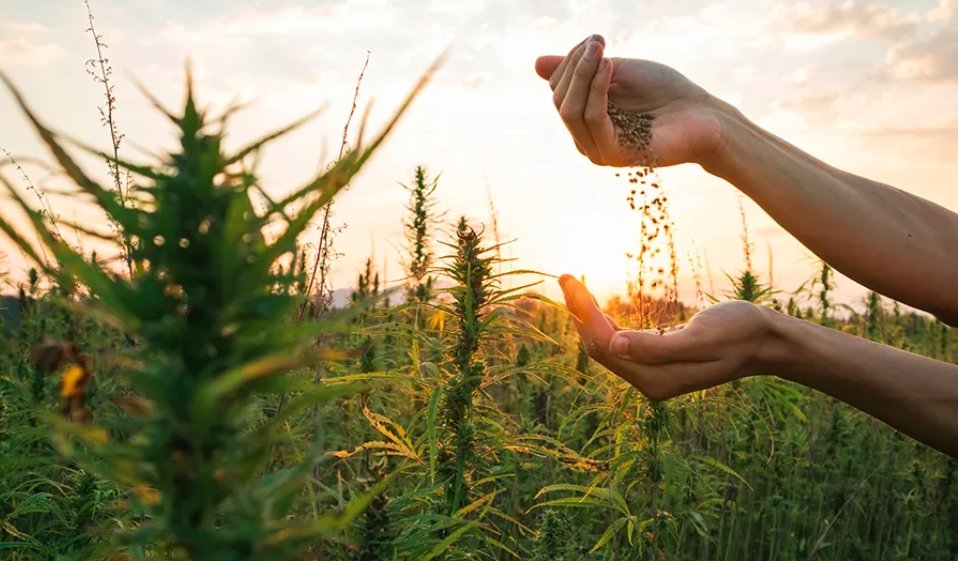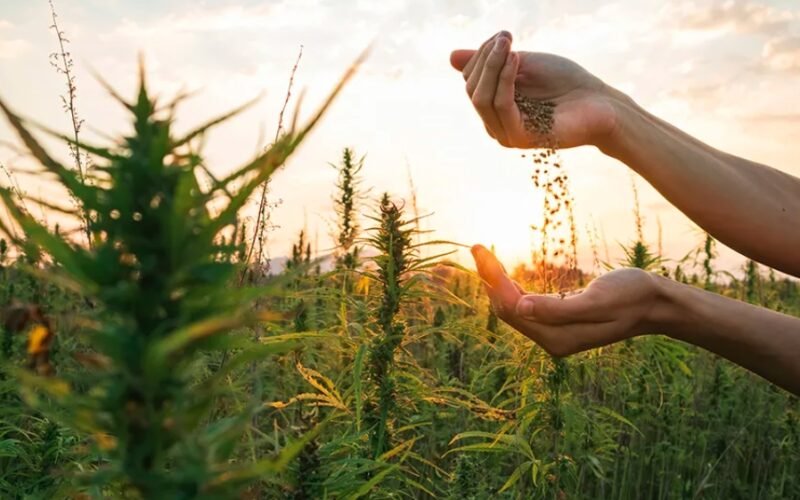The proposed changes to the Farm Bill have sparked a heated debate among farmers, small business owners, and cannabis experts. The bill, which is re-evaluated every five years, could significantly alter the landscape of THC sales, affecting not just the cannabis industry but the broader agricultural sector as well.
The Proposed Changes
The current Farm Bill allows for the sale of cannabis products containing less than 3% THC. However, the proposed amendment seeks to lower this threshold, which could have far-reaching consequences for businesses that have thrived under the current regulations.
This seemingly minor adjustment has the potential to disrupt a burgeoning industry, forcing many to reconsider their business models and strategies. The amendment also aims to close what some consider loopholes that have allowed for the interstate sale of seeds and cannabis flower.

Industry Reactions
The response from the industry has been swift and vocal. Many fear that these changes could “devastate” a sector that has seen explosive growth in recent years. Stakeholders argue that such restrictions could stifle innovation and limit consumer access to a variety of cannabis products.
Experts warn that the amendment could make entire categories of hemp-derived cannabinoids illegal, effectively shutting down a multi-billion-dollar market. There is also concern about the impact on seed companies and breeders who have relied on the current definition of hemp to operate across state lines.
Looking Ahead
As discussions around the Farm Bill continue, it’s clear that any changes to THC regulations will have a profound impact on farmers and small businesses alike. The debate underscores the delicate balance between regulation and growth in an industry that is still finding its footing.
The outcome of these deliberations will not only shape the future of cannabis sales but also signal how the government intends to navigate the complex issues surrounding hemp and its derivatives. For now, all eyes are on Congress as it weighs the potential benefits against the possible repercussions of redefining hemp in the Farm Bill.




